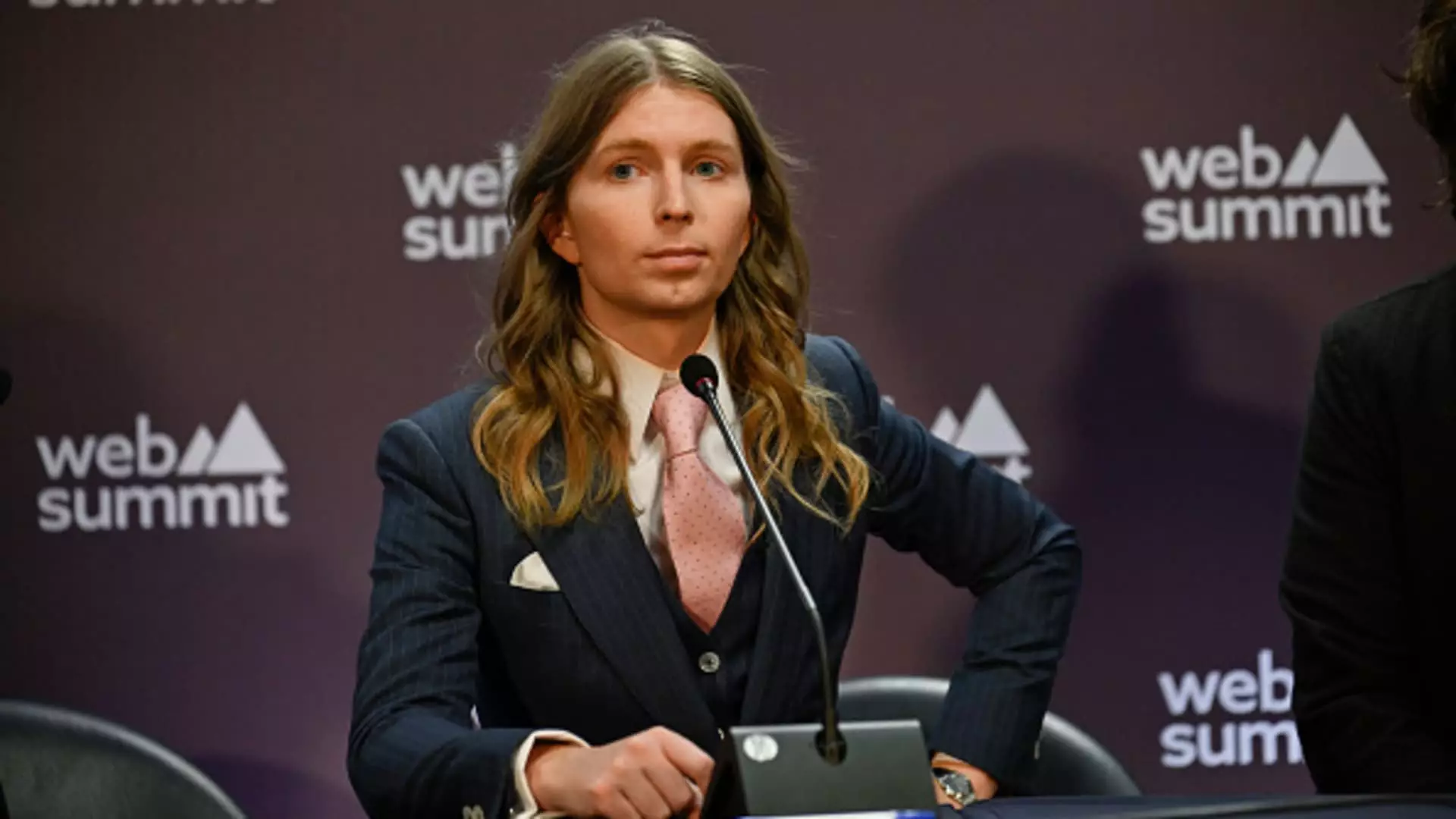In a technology-driven world, online privacy and censorship remain crucial issues that demand urgent attention. Chelsea Manning, a former U.S. Army intelligence analyst, has emerged as an advocate for a reimagined digital ecosystem, emphasizing the need for a decentralized approach to improve individual privacy rights. Speaking at the Web Summit tech conference in Lisbon, Manning voiced her concerns about the growing importance of censorship, which she characterizes as a “dominant threat.” This perspective comes amidst increasing scrutiny of content moderation practices employed by major technology companies, prompting discussions about the balance between user safety and platform governance.
Manning’s call for a decentralized internet reflects her belief in giving individuals more control over their data. Traditional social media platforms, often centralized and dominated by a few corporations, create a situation where certain viewpoints gain greater visibility through algorithmic biases. The social media landscape, as it exists now, can inadvertently favor sensational or polarizing content to drive engagement. Manning proposes a return to the decentralized ethos of the early internet era of the 1990s, advocating for technologies that empower users instead of lining the pockets of corporate giants.
As Manning explored the financial viability of a more decentralized internet, she emphasized the need for a revitalized social contract. The expectation that tech companies need to monetize user data must evolve into a more equitable model of information sharing. This paradigm shift would require establishing clearer guidelines for how information is accessed and distributed, ensuring that individuals have agency over their own digital identities.
Manning cited “decentralized identification” as a potential pathway, wherein encryption technologies would allow individuals to verify their own data without relying on corporations. This empowerment fosters a stronger sense of ownership over personal information while minimizing the risks associated with data mismanagement or exploitation. The challenge, however, lies in convincing both users and companies to adopt this new framework, which may require substantial shifts in user behavior and corporate accountability.
Manning’s insights extend beyond the mechanics of online privacy to encompass broader societal implications of the modern information landscape. She pointed out that the sheer volume of readily available information has fundamentally altered the dynamics of secrecy and transparency. Governments, rather than hiding information, are often focused on manipulating or misrepresenting it, perpetuating a culture of misinformation.
For whistleblowers, this reality poses an added challenge: navigating through an overwhelming sea of information to discern what is authentic. Today’s information marketplace not only comprises facts but also an equal or greater amount of disinformation that can dilute the lines between truth and fiction. Manning’s articulation of this problem underscores the necessity for critical thinking skills and media literacy, which are vital for individuals attempting to sift through the noise.
In the context of whistleblowing, the stakes have never been higher. With information dissemination occurring at rapid rates, whistleblowers face unique hurdles, grappling not only with the potential repercussions for exposing wrongdoing but also with the difficulty of establishing credibility in a saturated information ecosystem. Manning’s own experience as a whistleblower has equipped her with valuable insights into this complex environment, as she navigated the dire consequences of leaking classified documents to WikiLeaks.
Importantly, Manning’s reflections suggest that the challenge of distinguishing reliable information from deceitful narratives may hinder the efforts of future whistleblowers. The crucial balance between transparency and deception has shifted, leading to a pressing need for vigilance in the face of misinformation. As Manning aptly states, “It’s no longer secrecy versus transparency.” The implications of this shift demand a collective responsibility among individuals, corporations, and governments to foster a culture of honesty and credibility.
Chelsea Manning’s perspectives on censorship, online privacy, and the state of whistleblowing signal a transformative moment for how we engage with information in the digital realm. A decentralized internet, a new social contract, and the imperative to critically evaluate information all come together to form a cohesive argument for change. As technology continues to evolve, individuals must remain steadfast advocates for their rights, challenging the systems that seek to control and manipulate information. This is not merely an issue for technologists or policymakers; it is a call to action for all people in our interconnected world to consider the future of digital privacy and open discourse.


Leave a Reply